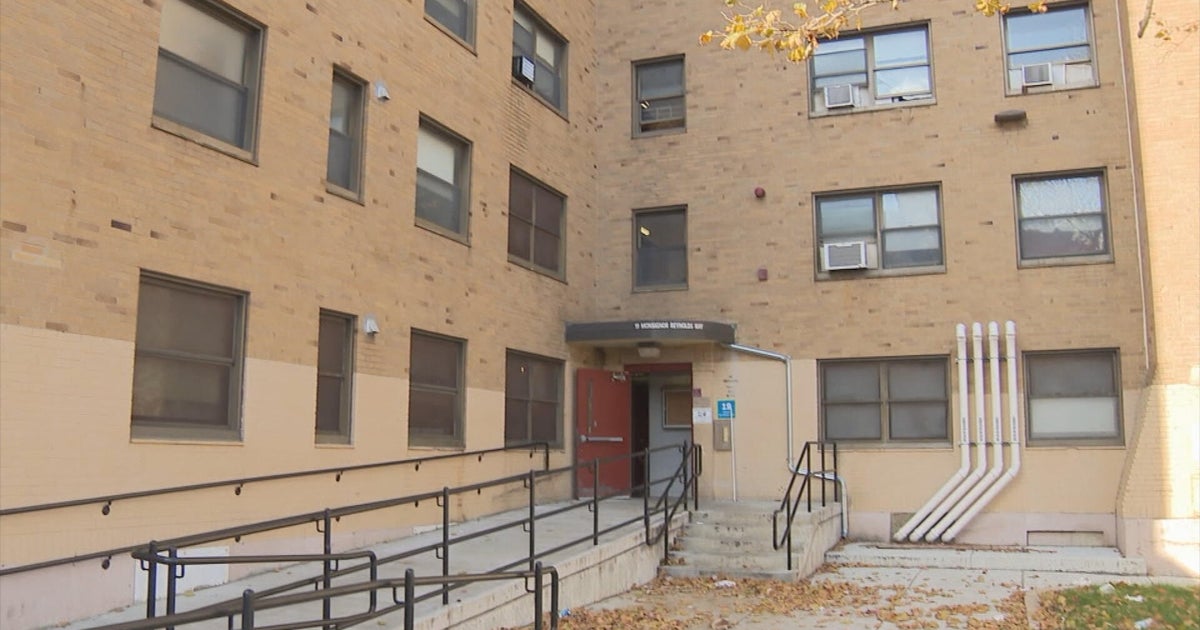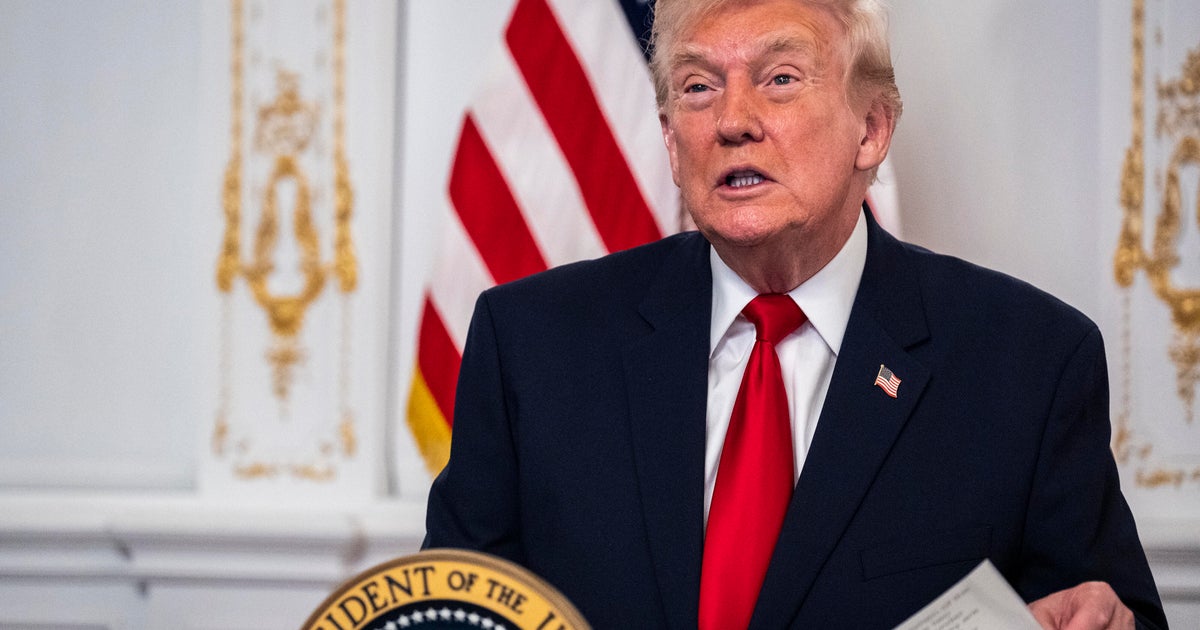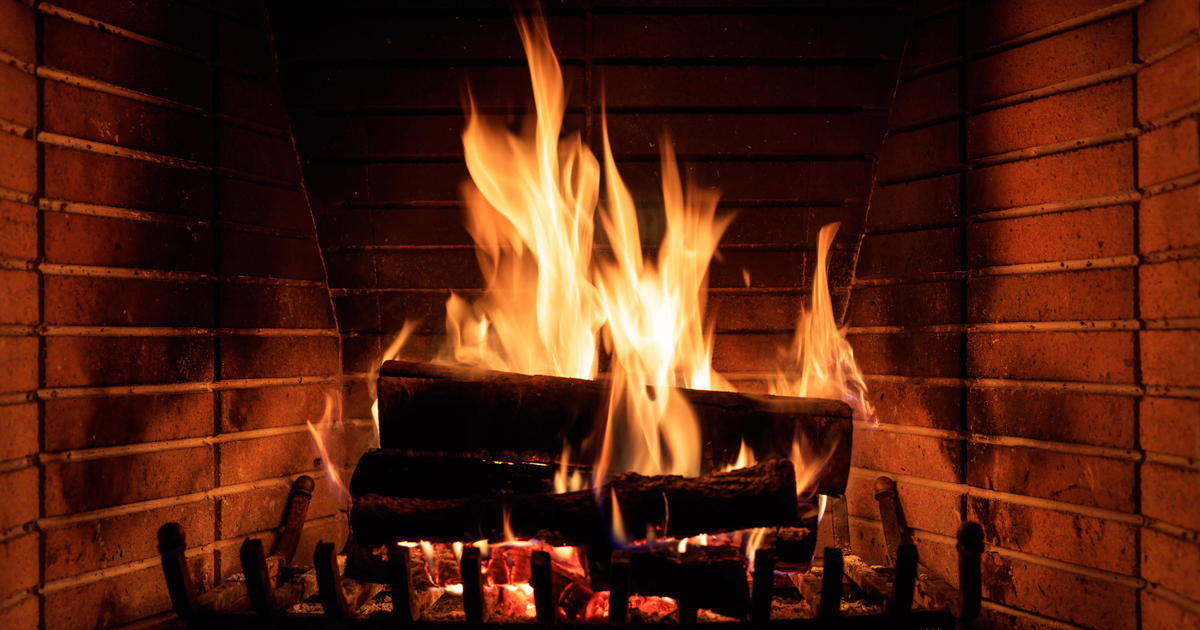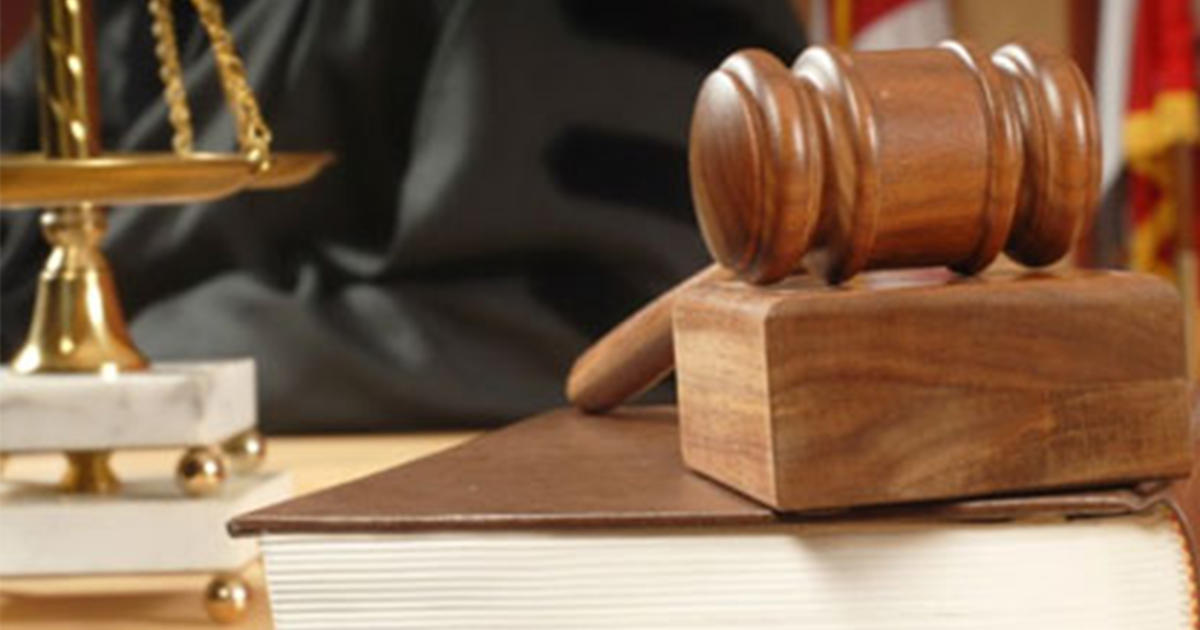DFL Leaders Announce Plan For 100% Clean Energy In MN's Electricity Sector By 2040: 'We Must Take Immediate Action'
MINNEAPOLIS (WCCO) -- Urging that climate change must be addressed now, Minnesota Gov. Tim Walz and Lt. Gov. Peggy Flanagan on Thursday announced a set of policy proposals that they say will lead the state to 100% clean energy in the state's electricity sector by 2040.
Walz and Flanagan say that the policies build on the success that the state has already achieved in increasing the use of clean energy resources and decreasing dependence on fossil fuels, which includes the passage of Minnesota's Next Generation Act in 2007.
A big part of the plan would require electric utilities in Minnesota to only use carbon-free energy resources by 2040.
"The time to fight climate change is now," Walz said. "Not only is clean energy the right and responsible choice for future generations, clean energy maximizes job creation and grows our economy, which is especially important as we work to recover from the COVID-19 pandemic."
Flanagan said that "we must take immediate action" to protect the world for future generations.
"Burning fossil fuels pollutes our environment, permanently changes our climate for the worse, and wastes money on inefficient and outdated practices. This plan sets a clear path and destination for Minnesota's clean energy future. Minnesota should be a state that continues to lead on the clean energy economy, and we know we can," Flanagan said
CLEAN ENERGY PLAN DETAILS
Here are the four parts of the plan, according to state officials:
100 Percent Clean Energy by 2040: This standard would require all electric utilities in Minnesota to use only carbon-free energy resources by 2040, while setting interim goals along the way. It would also strengthen Minnesota's renewable energy standard with new goals. The proposal includes provisions to assist workers and communities affected by the transition, while prioritizing local jobs and prevailing wages for large new clean energy projects.
Clean Energy First: This regulatory policy would require that, whenever a utility proposes to replace or add new power generation, it must prioritize energy efficiency and clean energy resources over fossil fuels. This policy would strengthen an existing renewable energy preference in Minnesota law, and it would allow for fossil fuel-based power only if needed to ensure reliable, affordable electricity.
Energy Optimization: This proposal would raise Minnesota's Energy Efficiency Resource Standard for investor-owned electric utilities and expand the Conservation Improvement Program that helps Minnesota households and businesses save on their utility bills by using energy more efficiently. It would also encourage utilities to develop innovative new programs to help consumers and businesses switch to more efficient, cleaner energy. In addition, it would target more energy-saving assistance for low-income households.
Carbon Reduction Goals for Existing Buildings: This proposal would set a state goal of cutting greenhouse gas emissions from existing buildings in half by 2035.
Due to the the Next Generation Energy Act, utilities are required by law to get at least 25 percent of their electricity from renewable energy sources by 2025.
"Minnesota has already effectively achieved that standard. By the end of 2017, 25 percent of the electricity generated in Minnesota came from renewable sources, such as wind and solar. Meanwhile, electricity produced in the state from coal declined to 39 percent in 2017 from 59 percent in 2007," the governor's office said.







